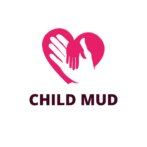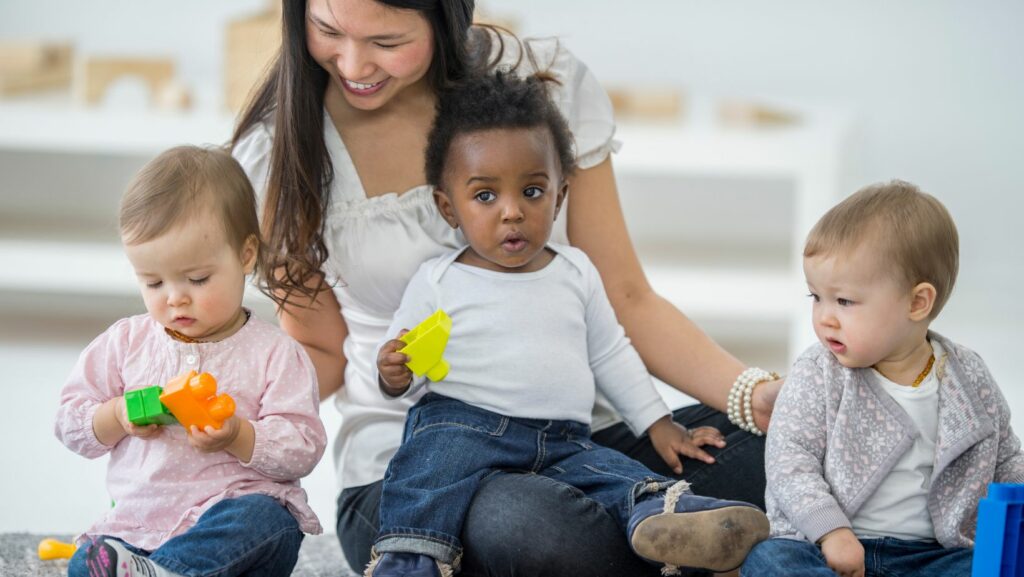Diving into the fascinating world of child development psychology, we’re about to unravel the intricate workings of a child’s mind. This field, a compelling blend of science and art, holds the keys to understanding the cognitive, emotional, and social development of children.
From the first babble to the complex emotions of adolescence, child development psychology provides a roadmap. It’s not just for psychologists or educators, but for parents, caregivers, and anyone interested in the growth and development of children.
So, let’s embark on this enlightening journey together, exploring the mysteries of the human mind, starting from its earliest stages.
Child Development Psychology
 Diving deeper into child development psychology illuminates how children grow and develop. Let’s delve into key theories, models, and developmental milestones that form its core.
Diving deeper into child development psychology illuminates how children grow and develop. Let’s delve into key theories, models, and developmental milestones that form its core.
Child development psychology builds its foundation on several noteworthy theories and models. Jean Piaget’s Cognitive Development Theory, for instance, elucidates four stages of children’s cognitive advancement: Sensory-Motor, Pre-operational, Concrete Operational, and Formal Operational stages. Each phase pipes a spotlight on how cognitive abilities progress with age, tackling processes of thinking, reasoning, and problem-solving.
Similar to Piaget, Lev Vygotsky’s Sociocultural Theory underscores the importance of social interaction and cultural context in the learning and cognitive development processes. He postulated children learn through interactions with their social environment, with knowledge being transmitted from more skilled individuals to less skilled ones, a process known as the Zone of Proximal Development.
Erik Erikson’s Psychosocial Theory spins on eight stages of human development crisscrossing from infancy to late adulthood. He deems children pass through each stage unsettled by a conflict between societal expectations and their biological drives.
Freud’s psychosexual development theory, seen controversially, maps five stages of personality development hinged on the satisfaction of different sexual energy zones.
Cognitive Development in Children
 Cognitive development in children plays a pivotal role in their ability to think, explore, and figure things out. It’s the progress that allows them to learn and interact effectively with their environment. In the arena of child psychology, some renowned theorists like Jean Piaget proposed that children pass through specific stages as they grow. Each stage is distinguished by unique thinking patterns and abilities.
Cognitive development in children plays a pivotal role in their ability to think, explore, and figure things out. It’s the progress that allows them to learn and interact effectively with their environment. In the arena of child psychology, some renowned theorists like Jean Piaget proposed that children pass through specific stages as they grow. Each stage is distinguished by unique thinking patterns and abilities.
- Sensorimotor stage (birth to 2 years) is the phase where children understand the world through their actions and sensory experiences, with object permanence being a key accomplishment.
- Preoperational stage (2 to 7 years) introduces the use of language and symbolic thinking but logic and reasoning remain primitive.
- Concrete operational stage (7 to 11 years) is a time of developing logical thought, and the ability to understand simple and complex forms of transformations and reversibility.
- Formal operational stage (11 years and beyond) ushers in abstract thought, metacognition, and hypothesizing skills.
Regular interaction with supportive adults bolsters a child’s language and memory skills. Exposure to educational toys and materials in the milieu stimulates intellectual curiosity. Engaging in physical activities enhances spatial awareness. Conversely, a deprived environment can restrict cognitive growth, with serious repercussions on a child’s academic performance and social skills. Therefore, fostering a supportive, education-rich environment is crucial for optimal cognitive development.
Emotional and Social Development
 Emotional and social development play pivotal roles in a child’s overall growth, influencing their identity formation and ability to engage in society effectively. This section will delve into the role of family and peers and the intricacies of emotional regulation during early childhood.
Emotional and social development play pivotal roles in a child’s overall growth, influencing their identity formation and ability to engage in society effectively. This section will delve into the role of family and peers and the intricacies of emotional regulation during early childhood.
Family significantly influences a child’s emotional and social development. Parental involvement, for instance, can shape a child’s social skills and self-esteem, affecting how children perceive themselves and interact with others. Parents encourage trust, security, and confidence in children by providing a safe and loving environment. Peers, too, play a crucial part in shaping social development. Through interaction with friends and classmates, children learn about cooperation, conflict resolution, and acceptable behavior. For example, playing in a group teaches children to share, take turns, and resolve disagreements amicably.
Emotional Regulation in Early Childhood
Emotional regulation refers to how children understand, manage, and respond to emotional experiences. It’s a fundamental aspect of social and emotional development. During early childhood, children start to exhibit signs of emotional self-control, such as waiting patiently and resisting impulses.

